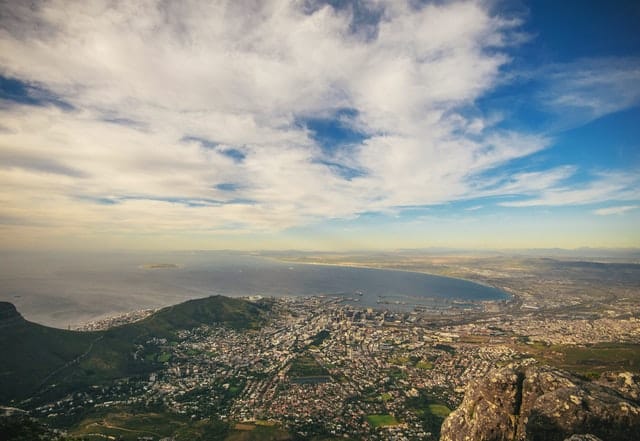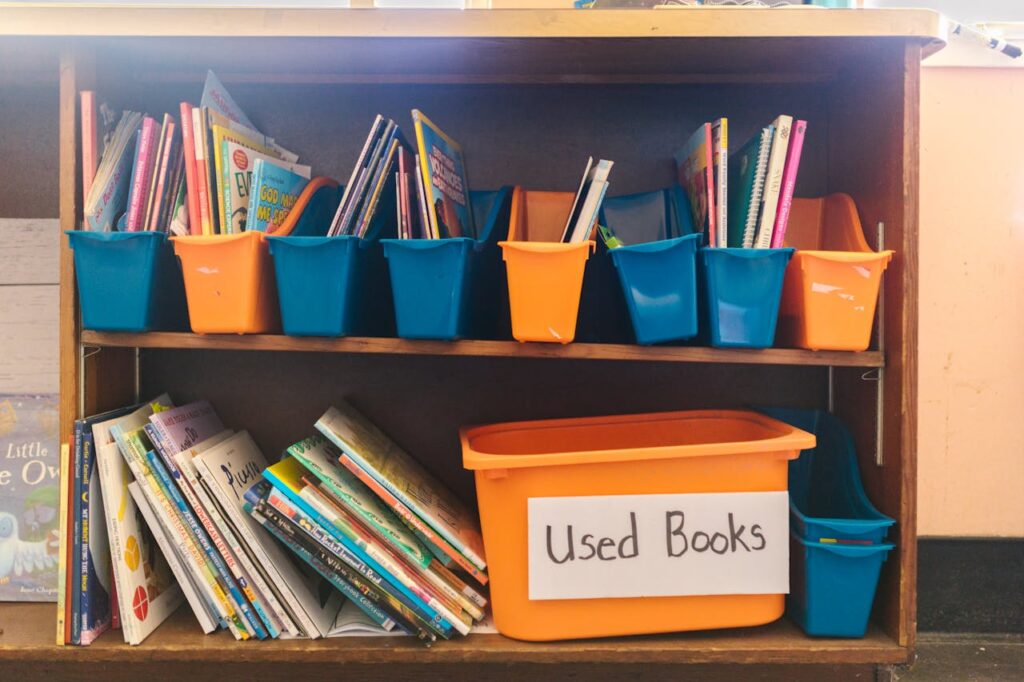Recycling in South Africa
Recycling in South Africa has had a different environmental history in comparison to their Western counterparts. Although the nation has the same issues to tackle such as overflowing landfills that are damaging the environment and increasing greenhouse gasses; they have faced different obstacles that have slowed down the development of their green strategies. South Africa’s relationship to recycling has had four stages of development that have shaped the current situation.
The Four Key Historical Stages
1.‘The age of landfilling’
In 1989 the Government introduced the Environmental Conservation Act. Landfilling was the main technology used at the time due to low gate fees with an estimated 90% of general and hazardous waste being disposed of in landfills. Concerns about the environment and human health prompted the Government to develop policy and regulation that aimed to improve the way landfills were designed and operated.
2. ‘The emergence of recycling’
In 2001, there was growth of a local waste recycling company. Recycling had taken place informally for decades, driven by social needs as well as a demand for certain resources. South Africa faced many challenges implementing a formal recycling system including the lack of “infrastructure”, such as a lack of access to transport, equipment, or premises at which to sort and store recyclables.
3. ‘The flood of regulation’
In 2008, the Government introduced legislation which aimed to control sectors waste management and reduce its impact on the environment and human health. The policies placed emphasis on recycling, reusing, and recovering waste were ineffective as it was difficult to implement strategies without triggering extensive legislative requirements.
4. ‘The drive of EPR’
In 2012, the Government introduced an alternative policy called Extended Producer Responsibility, (EPR). The aims were to see producers take ownership of managing the disposal of their packaging and products such as glass bottles and jars discarded after use by consumers.
Recycling Now
Apartheid had a marked affect on South Africa’s Governing infrastructure. Environmental issues were not the key concern as the government focused on restoring human rights and community relations. However, we can now see marked improvements in South Africa’s new attempts in solving their environmental concerns. South Africa’s recycling rate of 43.7%, well above Europe’s recycling rate which comes to 31.1%. However, this is due to their informal waste industry, a method with weaknesses that have become more apparent in the Covid-19 pandemic. This procedure relies on waste reclaimers who sift through landfills to find reusable and recyclable waste, much to their own detriment. The country’s recycling can be improved by making their informal system backed by the Government, ensuring job safety and protection to the workers who clean recyclable items they sorted from general and hazardous waste. They can also campaign this new formal waste management system by getting people to sort their waste at home which reduces time and harm for the waste reclaimers.








